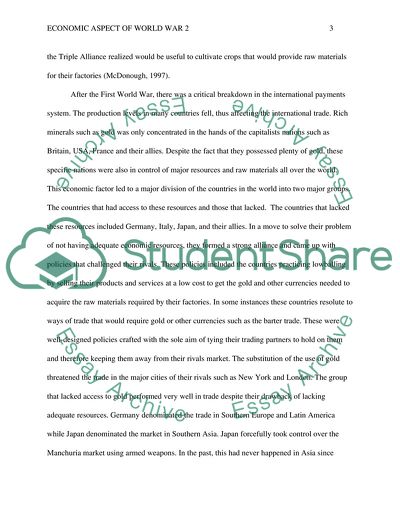Cite this document
(“World War II Essay Example | Topics and Well Written Essays - 1500 words”, n.d.)
World War II Essay Example | Topics and Well Written Essays - 1500 words. Retrieved from https://studentshare.org/history/1687634-world-war-ii
World War II Essay Example | Topics and Well Written Essays - 1500 words. Retrieved from https://studentshare.org/history/1687634-world-war-ii
(World War II Essay Example | Topics and Well Written Essays - 1500 Words)
World War II Essay Example | Topics and Well Written Essays - 1500 Words. https://studentshare.org/history/1687634-world-war-ii.
World War II Essay Example | Topics and Well Written Essays - 1500 Words. https://studentshare.org/history/1687634-world-war-ii.
“World War II Essay Example | Topics and Well Written Essays - 1500 Words”, n.d. https://studentshare.org/history/1687634-world-war-ii.


